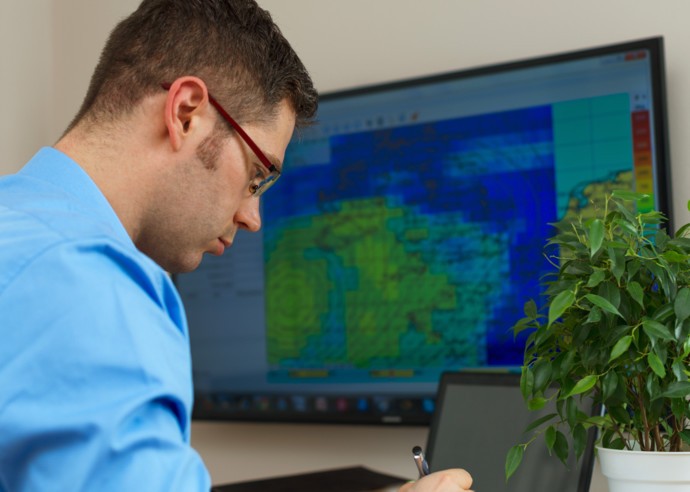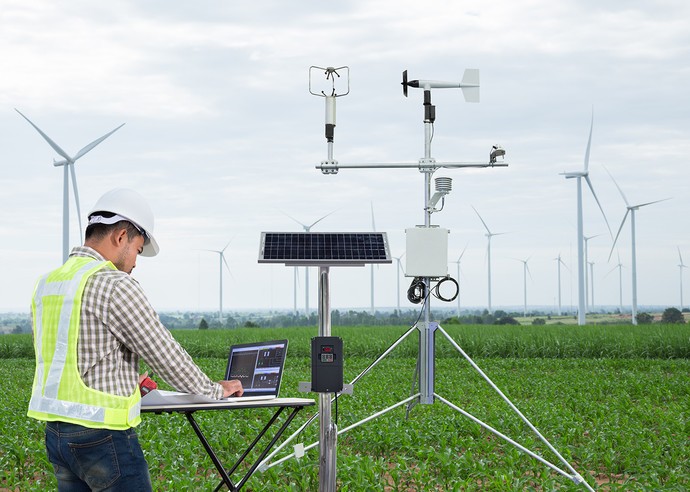Mathematical skills
Physicists & Meteorologists perform complex calculations involving calculus, geometry, algebra, and other areas of mathematics. They must possess good mathematical skills so as to express their research in mathematical terms.


Physical Abilities
Physical abilities
Importance:2 (Max:5)
Skill is occasionally required
Technology Skills
Technology skills
Importance:5 (Max:5)
Skill is required all the time
Cognitive Abilities
Cognitive abilities
Importance:4 (Max:5)
Skill is frequently required
Comprehension And Expression
Comprehension and expression skills
Importance:4 (Max:5)
Skill is frequently required
Social Skills
Social skills
Importance:3 (Max:5)
Skill is basically required
Organisation And Execution Skills
Organisation and execution skills
Importance:5 (Max:5)
Skill is required all the time
Problem Solving Skills
Problem solving skills
Importance:5 (Max:5)
Skill is required all the time
Management Skills
Management skills
Importance:4 (Max:5)
Skill is frequently required
Physicists & Meteorologists perform complex calculations involving calculus, geometry, algebra, and other areas of mathematics. They must possess good mathematical skills so as to express their research in mathematical terms.
Academic qualification
Experience
Monthly Salary Master Pay Scale Point 27-44
Monthly Salary Master Pay Scale Point 45-49
Monthly Salary Master Pay Scale Point 27-44
Monthly Salary Master Pay Scale Point 45-49
*For more details on Civil Service Pay Scales, please visit website of the Civil Service Bureau.
http://www.csb.gov.hk/english/admin/pay/952.html
